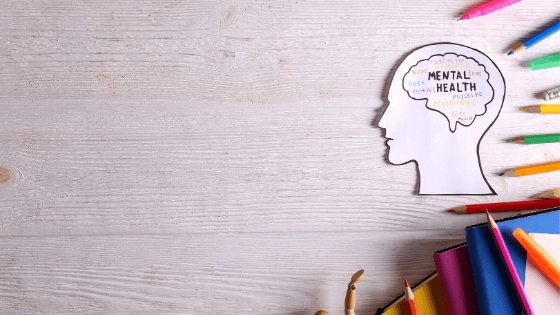New survey shows how the coronavirus pandemic has impacted mental health
A new report by Mind, the mental health charity, surveyed over 16,000 people to find out how the Coronavirus pandemic has impacted mental health. The survey showed that lockdown has had a dramatic impact on the UK’s mental health. They warn unless action is taken now, this problem could grow.
60% of adults and 68% of young people surveyed have said their mental health deteriorated due to lockdown.
The report found key factors driving poor mental health were:
- Loneliness, due to restrictions on seeing people
- Restrictions on going outside
- Anxiety around the health of friends and family
- For young people, boredom can be a major problem
A key finding is that many people feel they should not be seeking help, as they do not feel entitled to it. The survey found that 1 in 3 adults did not try and access mental health support during lockdown because they did not think their issue was serious enough.
It also reports that mental health services have experienced less referrals and enquiries from those looking for help. The report suggests this could be due to barriers with technology. As a lot of services have gone remote, people may not feel comfortable using phone/video call technology, impacting their ability to access these services.
Coping strategies
The report investigated how people have been coping with lockdown and found:
- Over or under eating to cope was apparent in over half of adults and young people surveyed
- Approximately a third of respondents were using alcohol and/or drugs as a coping strategy
- A third of young people with existing mental health problems were using self-harm to cope
Mind also found that talking and connecting with family and friends via online platforms was the most popular way to cope, in both young people and adults.
Participants also recommended different well-being habits such as
- Developing a routine and sticking to it
- Minimising the amount of news you consume
- Practising self-compassion
- Finding distractions through hobbies or talking to others
Whilst these coping strategies are helpful, it is important to remember mental health services are still available to support you.
The Eaves has a qualified practitioners who specialise in a variety of areas. We can offer remote sessions for those comfortable using technology, but also have face-to-face sessions available. Please contact us on 01483 917000 where our referrals team will be happy to source a suitable practitioner for your needs.
References:
Mind (2020) The mental health emergency: how has the coronavirus pandemic impacted our mental health? London: Mind. Available at: mind.org.uk

